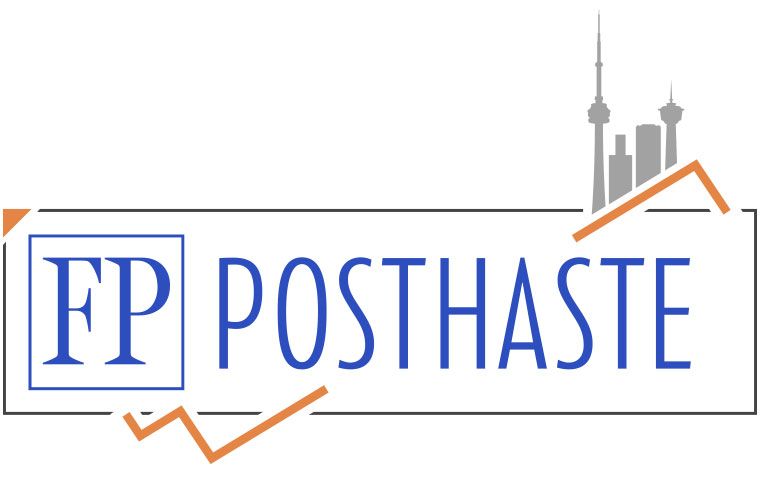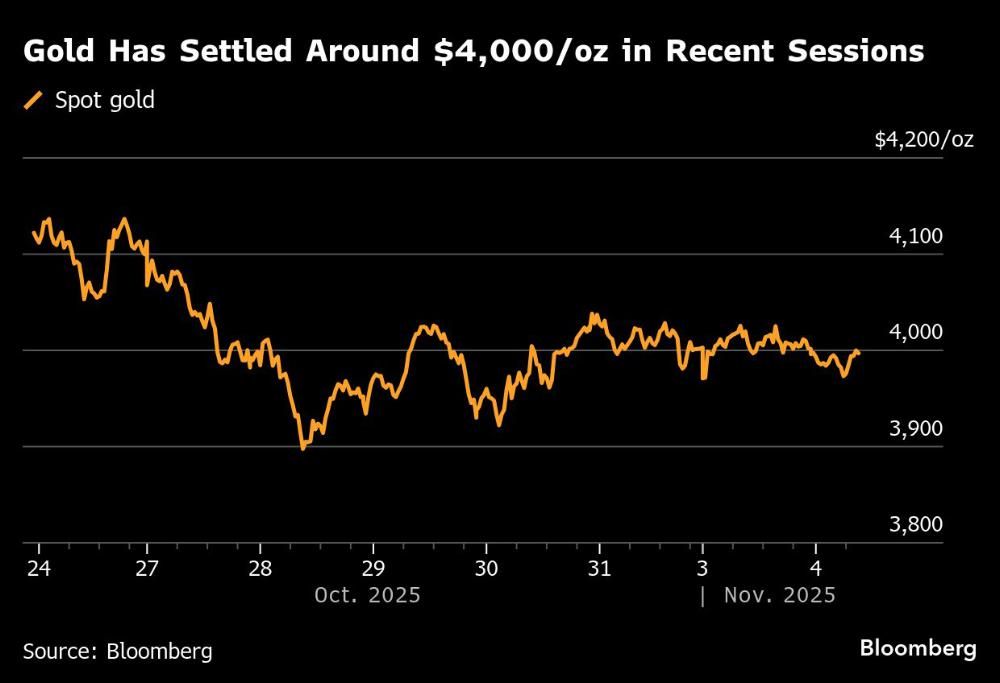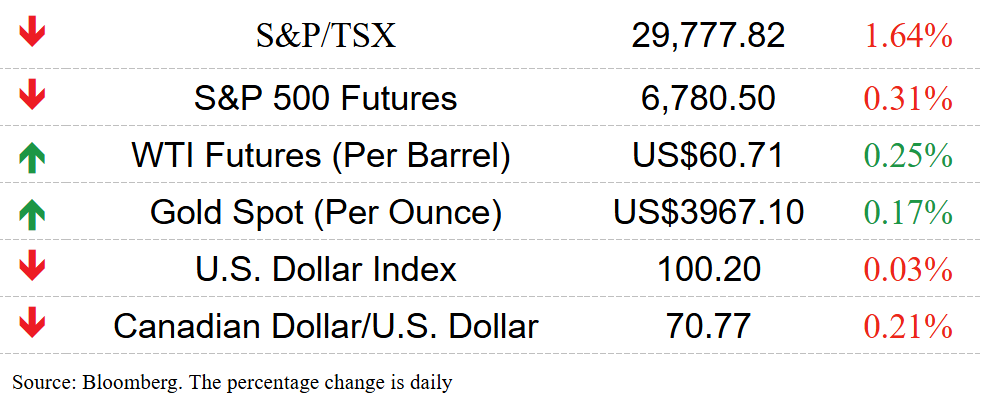
Balancing happiness and housing affordability can be tricky, as Canada's most desirable cities are often the most expensive.
However, with a median home price of $381,500 and a happiness score of 65.9, according to
Winnipeg is considered the most balanced Canadian city.
According to real estate company Zoocasa Inc.
Zoocasa looked at the average home price in Canada's major cities and combined it with happiness scores to create a “cost per happiness score” calculation.
This represents the average price of a home divided by the city's happiness score, showing how much a home costs for each reported “unit” of happiness.
“Essentially, this measure shows how much people in Canada's largest cities are willing to pay for the quality of life they enjoy, and where affordability and happiness are best balanced,” the report said.
Using this metric, Winnipeg had the cheapest price per happiness score at $5,790, followed by Edmonton at $6,289, Montreal at $8,343 and Calgary at $8,425.
“Cities like Winnipeg and Edmonton, while among Canada's largest urban centers, demonstrate that happiness and affordability do not have to be mutually exclusive,” the report says. “These cities offer the lowest price per happiness score of all the cities analyzed, showing that residents of more affordable major markets may receive a higher return on quality of life than residents of more expensive provinces.”
Overall, the happiest city according to the online survey, but consistent with similar surveys, was Mississauga with a score of 70.3, but it had a median home value of $969,501, bringing that ratio to $13,788.
Toronto and Vancouver are the most expensive housing markets in Canada, so it's no surprise that they had the two most expensive rates at $16,563 and $17,220 respectively.
“The cost of happiness in a big city can be three times higher depending on where you live,” the report says.
To reiterate the cost-happiness equation, Zoocasa's own survey shows that 53 percent of Canadians believe that affordable and stable housing has the greatest impact on their quality of life, and that 26.3 percent of respondents would consider moving to a smaller city to reduce housing costs.
“The results show that while Canada's happiest major cities offer a glimpse of balance between price and quality of life, many Canadians are looking for the same outside of major metropolitan areas,” the report said.
Canada's position in global happiness rankings has slowly declined over the past decade. In 2015, Canada took fifth place in the ranking
but dropped to 15th last year and dropped back to 18th in 2025.

Introducing FP West: Energy Insider, a new exclusive newsletter from the Financial Post Western Bureau. Every Wednesday morning, go behind the closed doors of the oil field and get exclusive information from insiders. Register now.
READ OUR RED INK SERIES
Governments around the world are mired in debt, and Canada is no exception. But how serious is the problem and what will be the consequences? The Financial Post examines the state of sovereign debt in Canada and beyond in a week-long series called Red Ink. From a primer on Canadian debt to the consequences of a US default, he explores some important questions about the national debt and the looming deficit.
- Owes Canada: Everything you need to know about Canada's $1.28 trillion federal debt (and growing)
- How rising government debt could play a major role in the next great financial crisis
- Canada is part of a small club of countries with a AAA credit rating. How long can this go on?
- Daniel Smith: Balancing your budget will be much easier if you build a pipeline
- Ottawa's new budget framework is controversial. Here's what you need to know about it
Read the series Here
Register here to have Posthaste delivered straight to your inbox.

After a meteoric rise this year, gold fell the most in a week as traders consider the fallout from the US Federal Reserve's interest rate policy.
Any policy changes could change gold's trajectory, and investors are now weighing the possibility of a change in interest rates in December.
Traders put the likelihood of further easing next month at about 66%.
Gold is still up more than 50 percent this year.

- Today's data: US National Employment Report ADP
- Earnings: Toyota Motor Corp., Novo Nordisk A/S, McDonald's Corp., Robinhood Markets Inc., DoorDash Inc., MetLife Inc., Cameco Corp., Honda Motor Co., Sun Life Financial Inc., Nutrien Ltd.

- Canada's 2025 Budget offers billions in tax breaks to boost economic investment
- Canada's Budget 2025: Five tax changes you need to know about
- Politics versus power: Newfoundland and Labrador's partisan infighting threatens historic Churchill Falls hydropower deal
- Low oil prices create a buyer's market in Canada's oil region, fueling further consolidation
- Palantir's Relentless Momentum Takes Valuation to the Stratosphere
Common fears such as losing your retirement savings, needing to support loved ones and housing costs can certainly cause concern, but there are solutions. First, creating a realistic budget with the help of a financial planner can help ensure that you are on the right track and can live the life you want.
McLister on mortgages
Want to learn more about mortgages? Mortgage strategist Robert McLister
can help you navigate a complex sector, from the latest trends to funding opportunities you won't want to miss. Plus check it out
for the lowest national mortgage rates in Canada, updated daily.
Financial post on YouTube
Visit Financial Post
for interviews with Canada's leading experts on business, economics, housing, the energy sector and more.
Today's Posthaste was written by Ben Cousins with additional reporting by Financial Post, Canadian Press and Bloomberg staff.
Do you have a story idea, presentation, embargoed report, or proposal for this newsletter? Write to us at
.
Bookmark our site and support our journalism: Don't miss important business news – add financialpost.com to your bookmarks and subscribe to our newsletter Here












